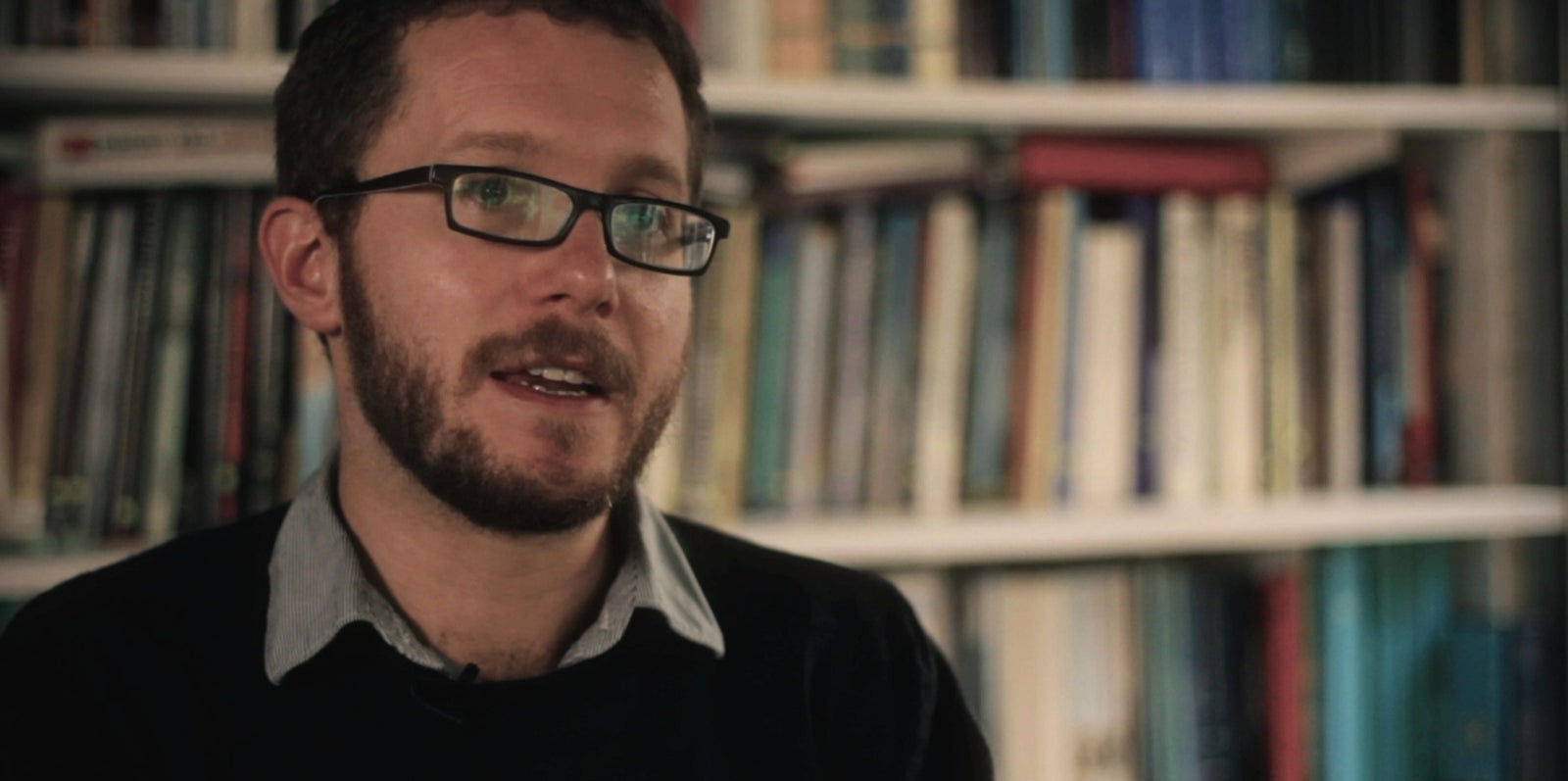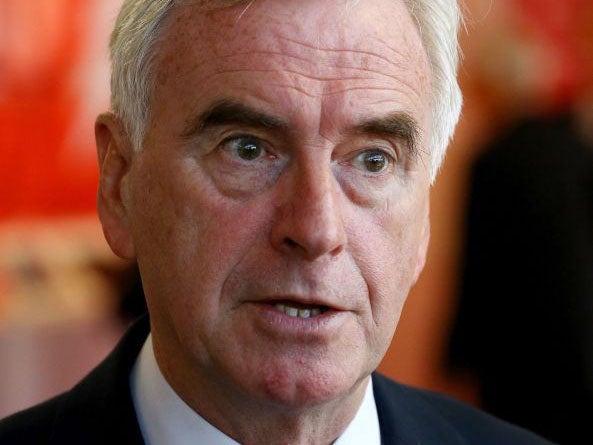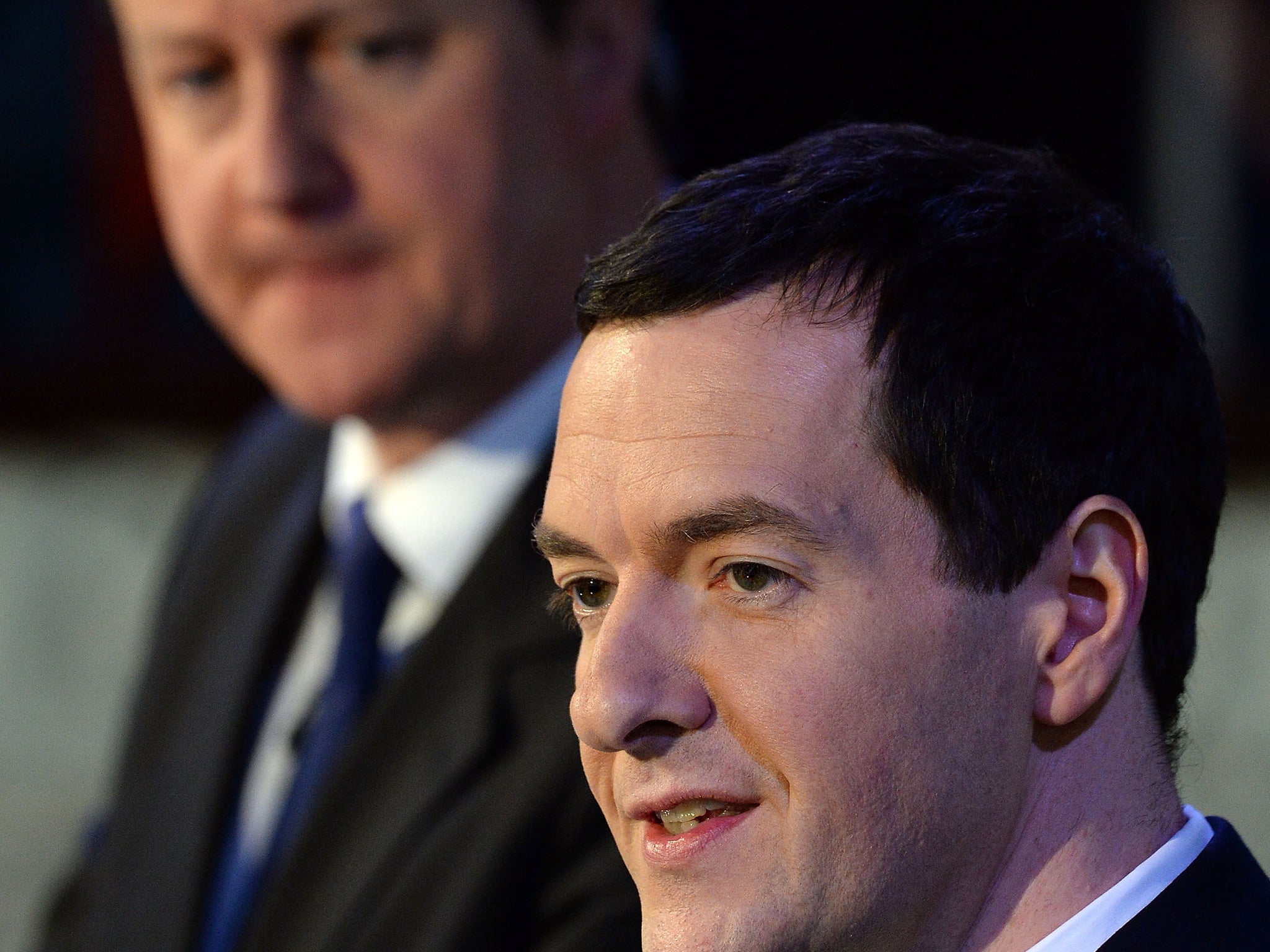Your support helps us to tell the story
From reproductive rights to climate change to Big Tech, The Independent is on the ground when the story is developing. Whether it's investigating the financials of Elon Musk's pro-Trump PAC or producing our latest documentary, 'The A Word', which shines a light on the American women fighting for reproductive rights, we know how important it is to parse out the facts from the messaging.
At such a critical moment in US history, we need reporters on the ground. Your donation allows us to keep sending journalists to speak to both sides of the story.
The Independent is trusted by Americans across the entire political spectrum. And unlike many other quality news outlets, we choose not to lock Americans out of our reporting and analysis with paywalls. We believe quality journalism should be available to everyone, paid for by those who can afford it.
Your support makes all the difference.A Labour government would make raising economic productivity one of its main macroeconomic priorities, John McDonnell’s top economic advisor has said.
James Meadway, consulting advisor to the shadow chancellor’s office, said low productivity growth was one of the key failures of George Osborne’s chancellorship – and that Labour would try to address it by raising investment.
The former chief economist at the New Economics Foundation said the UK’s productivity gap behind Germany, France, and the US was “about the biggest it’s been for a generation, since 1991”.

“Productivity is what’s underlying George Osborne’s problems,” he told the Novara Media website.
“This is the real long-term economic problem that [he] has singularly failed to deal with.”
This month’s Budget the Office for Budget Responsibility (OBR) announced that productivity was recovering more slowly from the economic crisis that had previously been expected.
As a result it slashed forecasts for both economic growth and deficit reduction over the coming years.
Mr Meadway listed productivity and investment alongside reducing the Budget deficit as one of the two main macroeconomic priorities Labour would have.
He said that strong employment growth and an unexpected oil price fall had so far compensated for poor performance on this front.
“We have to drive up the rate of investment in this country – it needs to be significantly higher than it is at the minute, and that is from all sources, public and private,” he told the website.
“That is what starts to get you the productivity gains. That involves spending on infrastructure, spending on scientific research, how to turn the research we already here into economic rewards, how to get the innovation process working properly.”
Mr Meadway suggested that increased state investment, more competition in the private banking sector, and more workers’ involvement in running business might be a practical starting point to such an approach.

He also pointed to the work of the Sussex University economist Mariana Mazzucato, who has called for an “entrepreneurial state” that actively fosters innovation.
Mr Mazzucato sits on the party’s economic advisory board, which also includes other big names such as Thomas Pikkety, Joseph Stiglitz, and Simon Wren-Lewis.
In his interview Mr Meadway also criticised the Chancellor’s approach to politics and the economy.

“George Osborne has a problem: he’s kind of a post-modern chancellor. He thinks if he can tell the story and do the politics, everything is going to be fine,” he said.
“The trouble is the economy is a real thing, it’s made of people actually doing stuff; money matters. It’s only so far you can pursue any story. That’s what he’s run-up against.
“The real story for the British economy is that it has low investment and low productivity and that’s what’s chewing away at everything Osborne’s now trying to do.”

Join our commenting forum
Join thought-provoking conversations, follow other Independent readers and see their replies
Comments